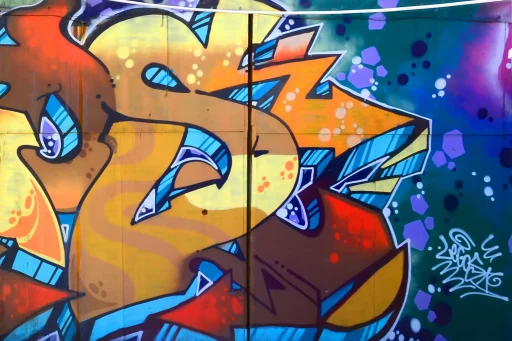Introduction to Incel Slang
Incel slang refers to the unique set of terms and phrases used within the incel (involuntary celibate) community. This subculture primarily consists of individuals, often young men, who struggle with forming sexual relationships despite wanting them. The language they use encapsulates their experiences, emotions, and grievances regarding their romantic and social situations.
Understanding the Term “Incel”
The term “incel” combines the words “involuntary” and “celibate.” It describes individuals who identify as unable to find romantic or sexual partners despite wanting to. The concept gained traction in the late 1990s with the creation of online forums, and as of 2023, it has evolved into a broader social and cultural phenomenon that includes a distinctive lexicon.
Common Incel Slang Terms
- Chad: A popular, sexually successful man who is the ideal of masculinity and attractiveness according to incel culture.
- Stacy: The female equivalent of Chad; a highly desirable woman who incels believe has many suitors.
- Black Pill: A philosophy rooted in nihilism within the incel community, suggesting that one’s fate in life, including romantic relationships, is predetermined.
- Neet: An acronym for “Not in Education, Employment, or Training,” describing those who are socially reclusive and disengaged from society.
- Beta Male: Men who are perceived to be less dominant, often seen as the opposite of the alpha male, and characterized by low social status.
Origins of Incel Slang
Incel slang has roots in online forums where individuals shared their experiences of loneliness, rejection, and frustration. Over time, these discussions created a shared language reflecting their beliefs and collective identity. While some terms have historical origins, such as references to societal structures and gender dynamics, others emerged from the internet culture and memes.
Case Studies: Online Communities and Incel Culture
A significant aspect of incel culture is its presence on online platforms such as Reddit, 4chan, and various forums dedicated to discussing their struggles. These spaces facilitate communication, reinforce beliefs, and can even radicalize individuals. Take, for example, the subreddit r/Braincels, which has been known to foster discussions that led to harmful ideologies and actions.
Another infamous case is that of Elliot Rodger, who identified as an incel and committed acts of violence in 2014. Rodger’s manifesto, interpreted by many incels as a manifesto against the society that rejected him, revealed the extent of his resentments, showcasing how language and community identity reinforced his beliefs.
Statistics on Incels and Their Communities
While comprehensive data on the incel community is scarce, surveys and reports provide some insight into its demographic. Research indicates that a significant portion of incels are young men:
- Approximately 90% of self-identified incels are male.
- Many incels report feelings of depression, isolation, and frustration.
- Studies have found that around 1 in every 100 young adult men may identify as incel.
These statistics highlight the potential mental health ramifications of being part of this community and the societal factors contributing to their beliefs.
Criticism and Misunderstandings of Incel Slang
Incel slang and the community at large have been criticized for perpetuating misogyny and toxic masculinity. Phrases commonly used can dehumanize women and promote harmful stereotypes. Consequently, discussions around this subculture often focus on the danger posed to society rather than the potential for individual reform or understanding.
Moreover, this terminology can lead to misunderstandings outside the community. For example, the use of terms like “beta male” or “black pill” may seem harmless or humorous in a different context, but within incel communities, they carry weighty implications associated with frustration and despair.
Conclusion: The Evolving Language of Incels
Incel slang serves as a reflection of the unique experiences and forums of those who identify with the movement. As society evolves, so too does the language and the culture surrounding it. Understanding the nuances of incel terminology can provide insight into their perspectives and the broader issues of modern masculinity and mental health. Awareness and open conversations about these feelings are essential steps towards mitigating the potential risks associated with these ideologies.


